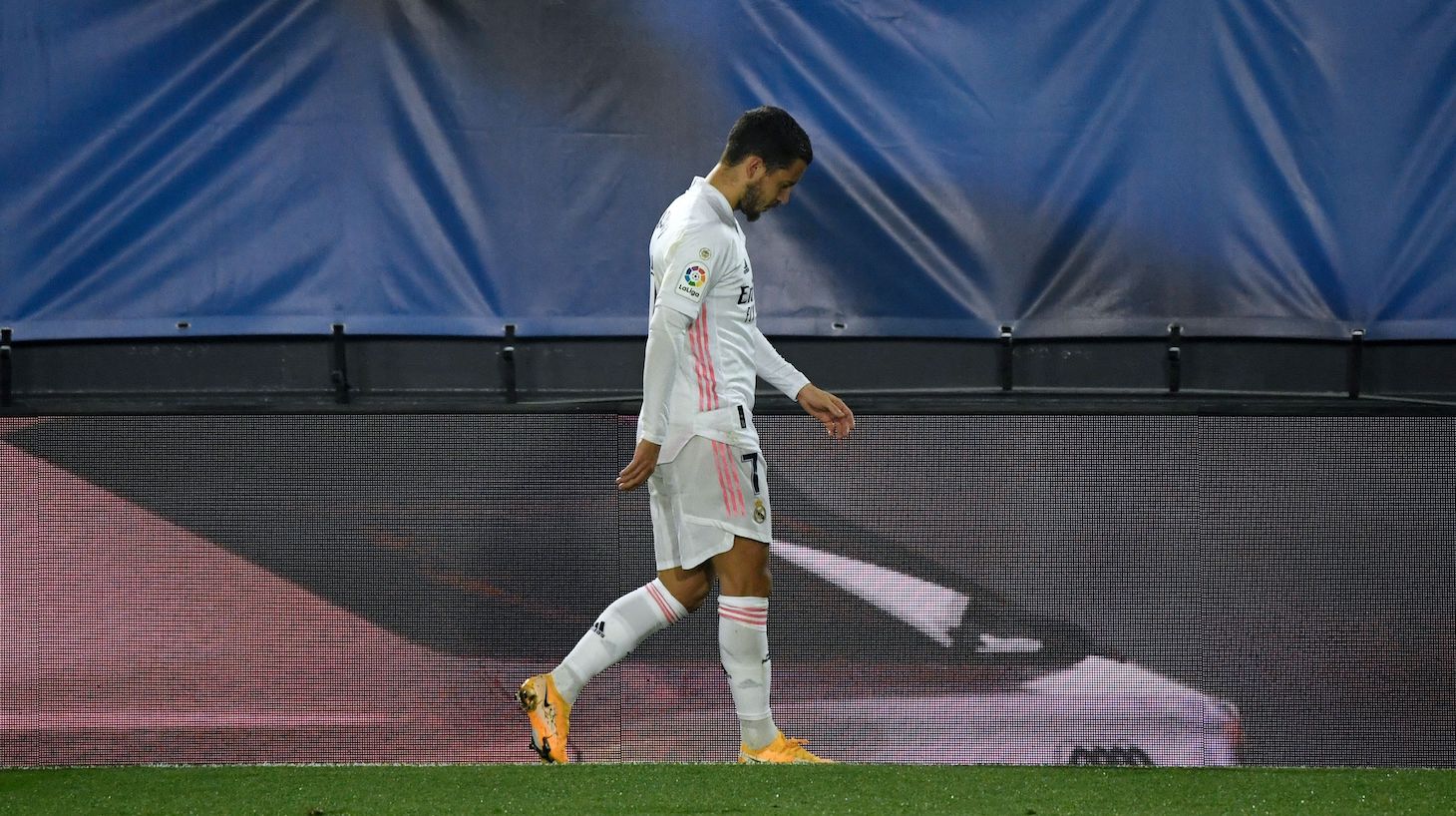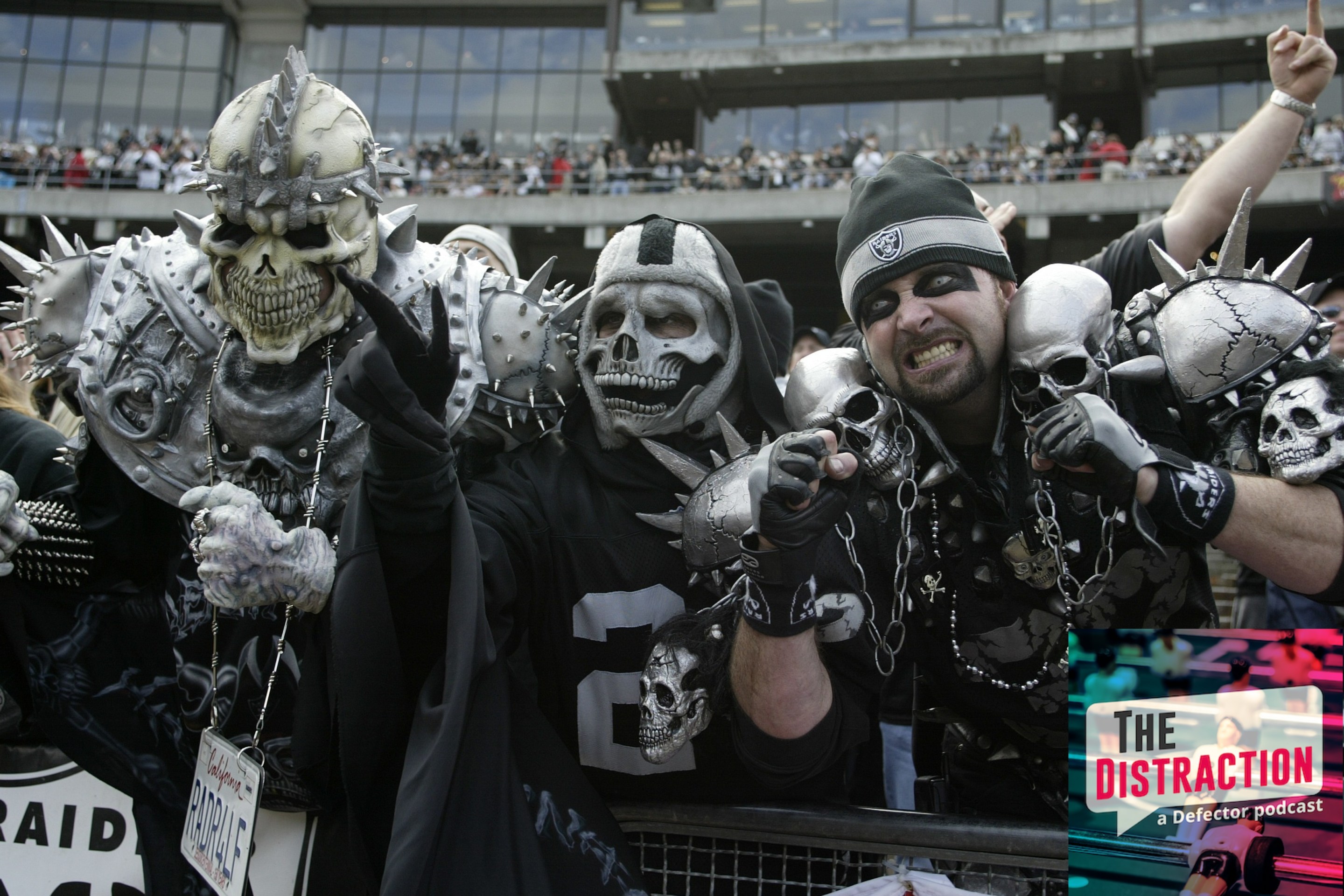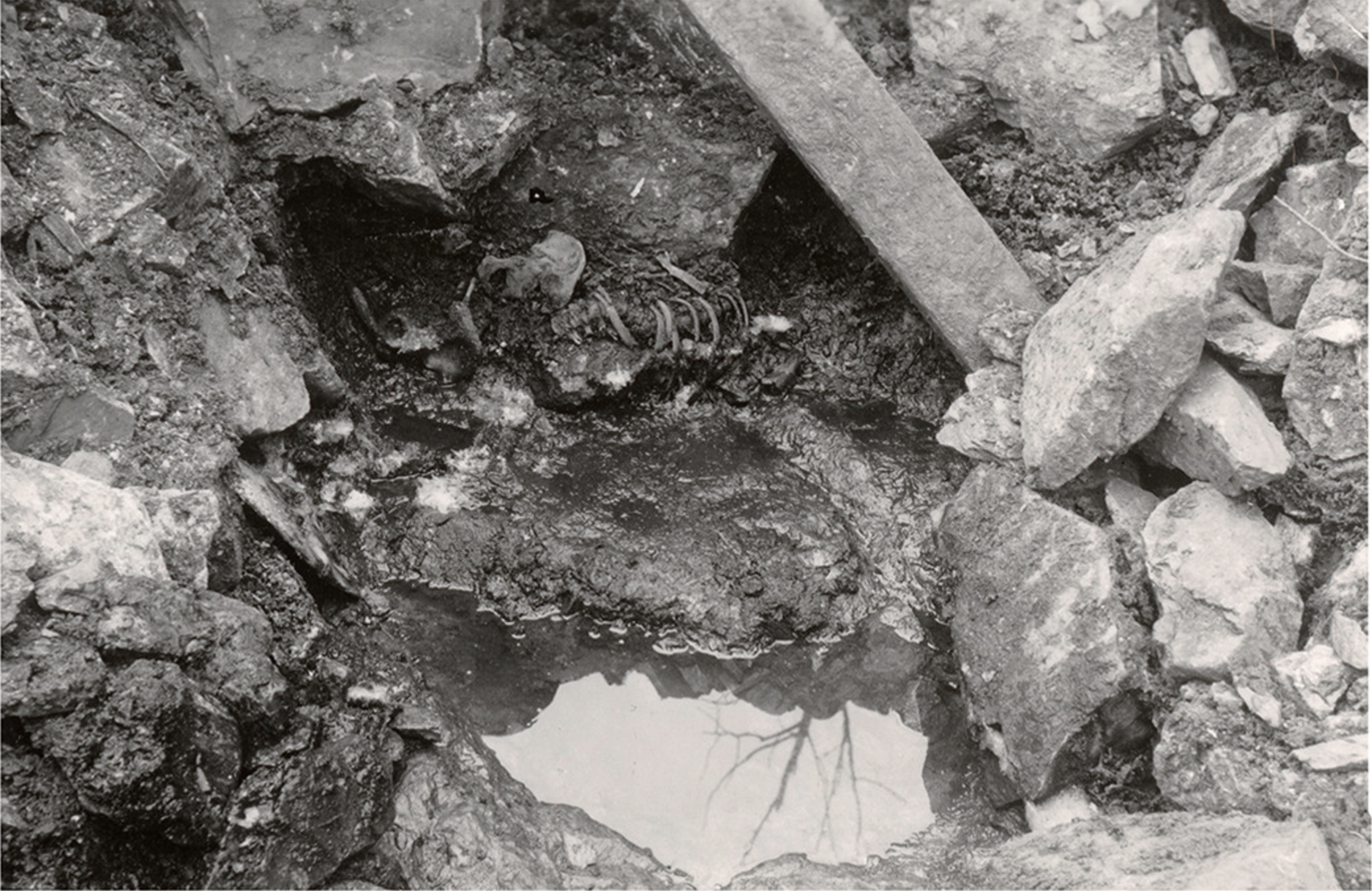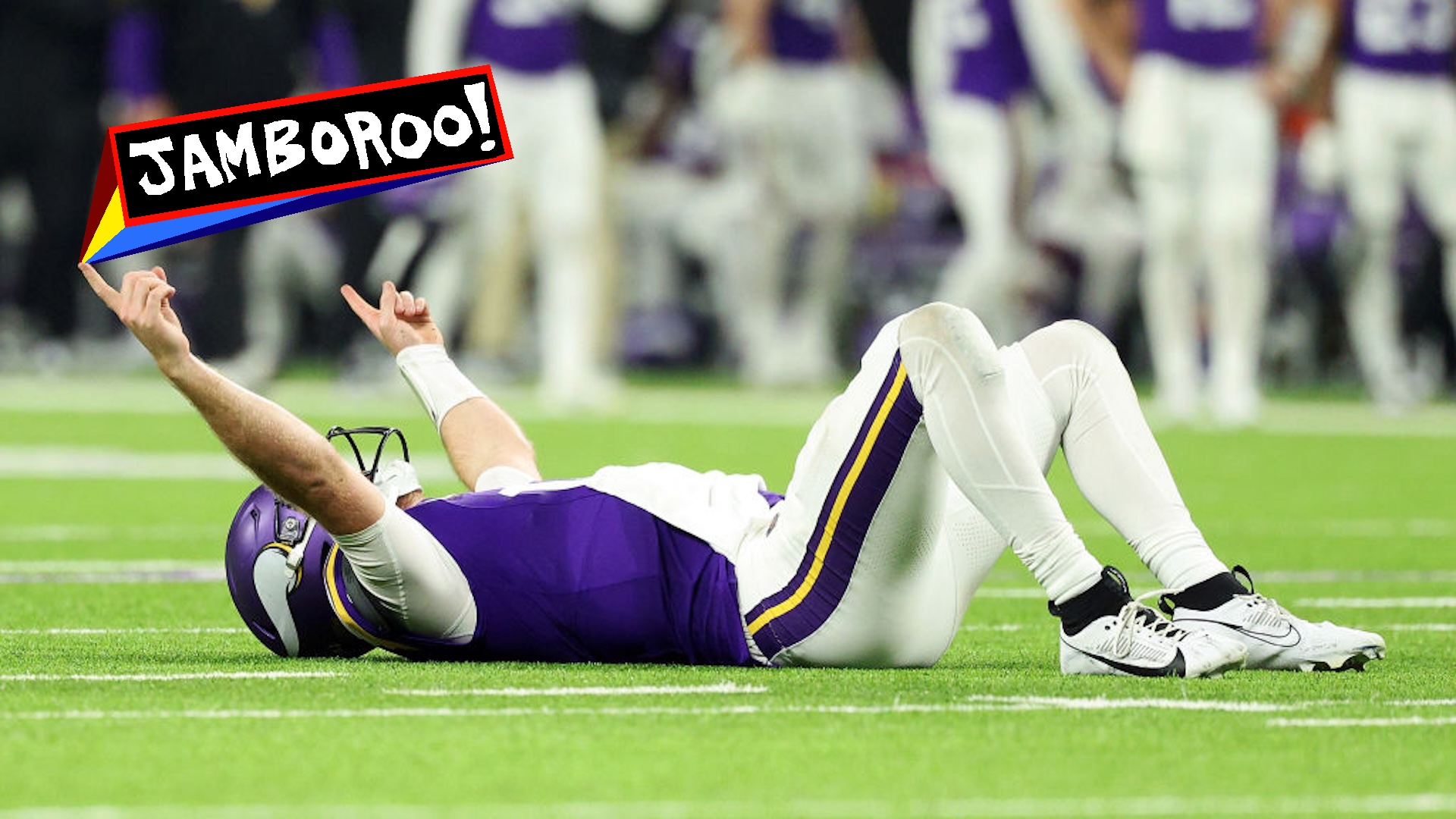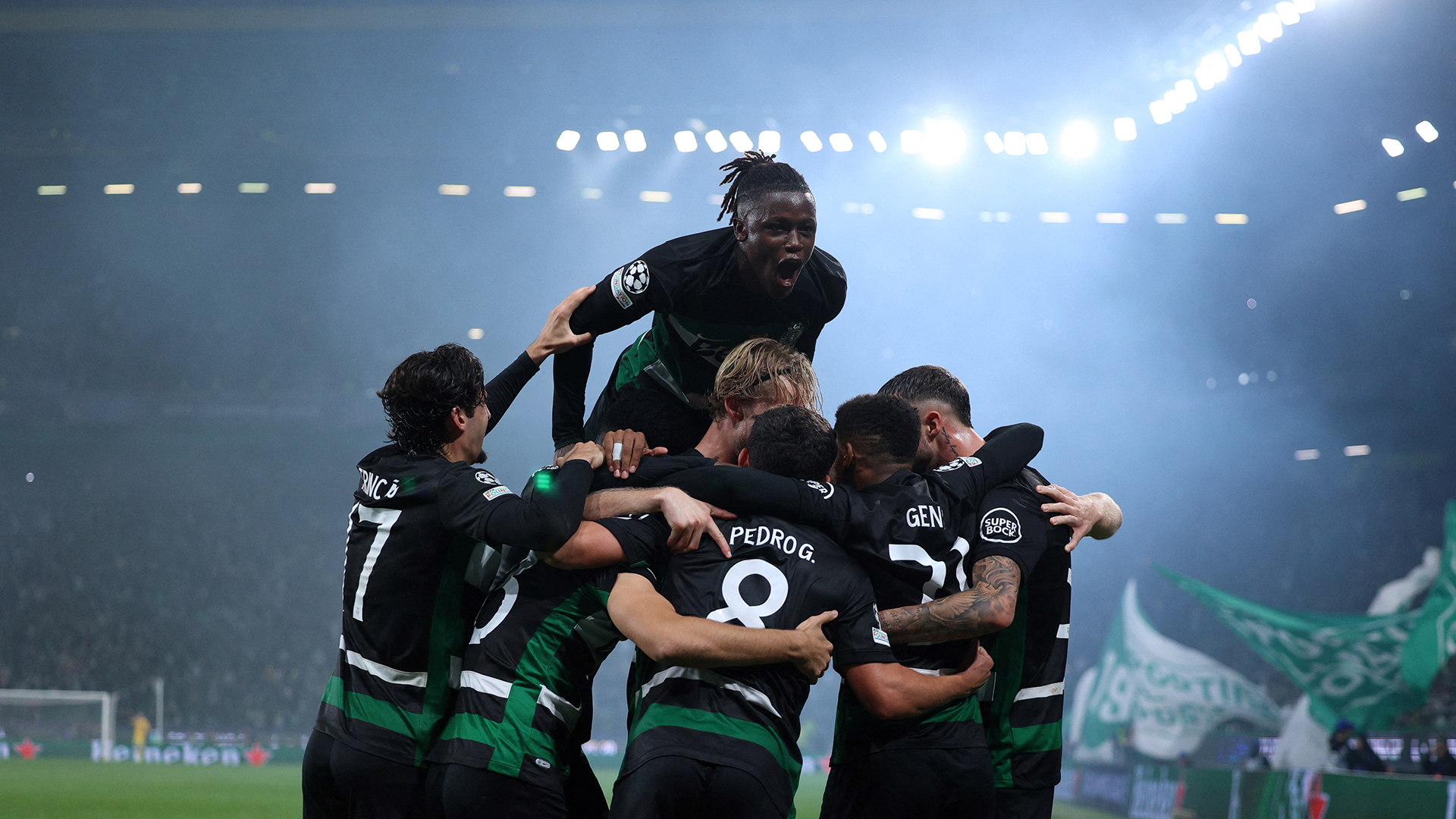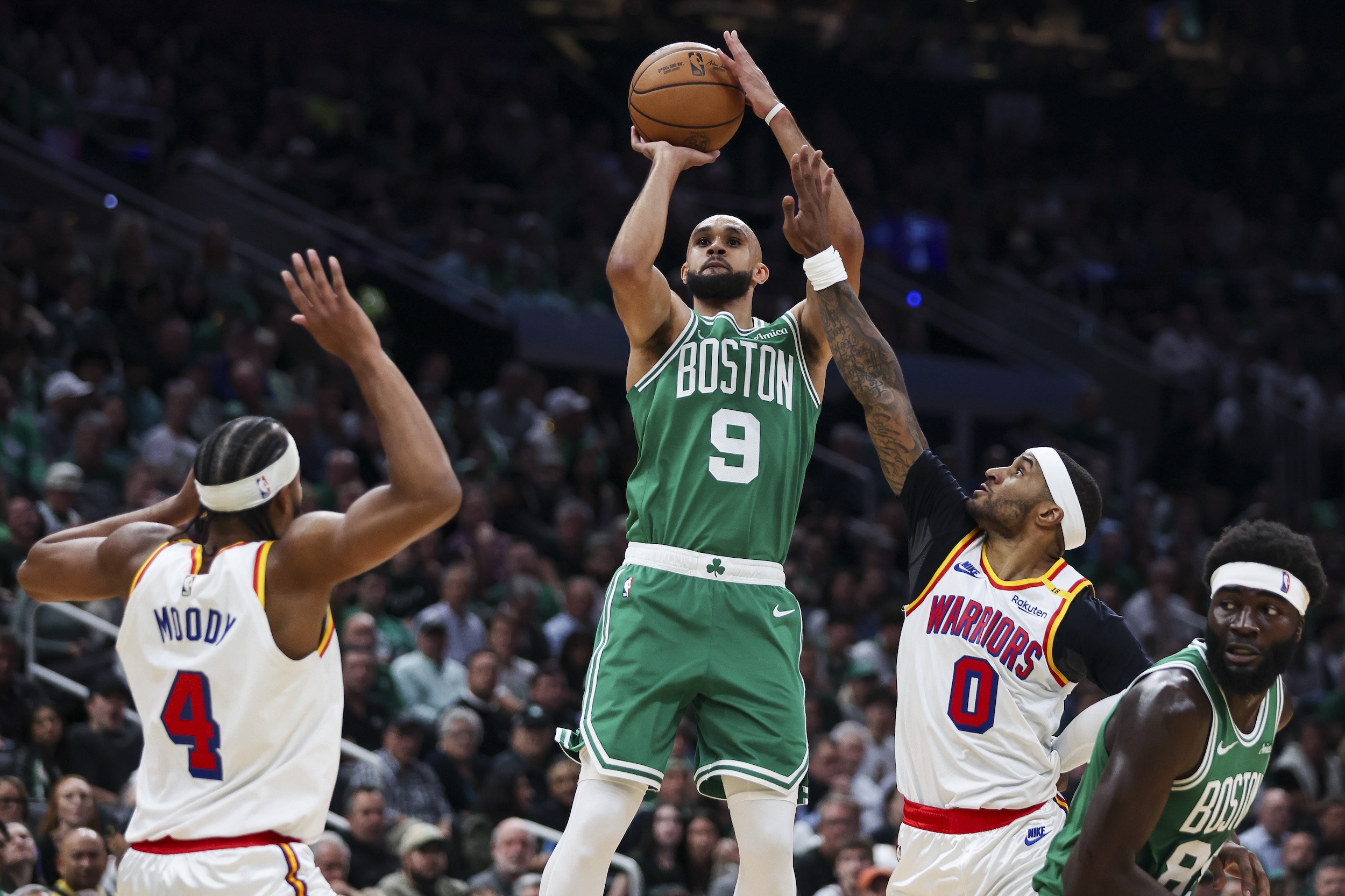Eden Hazard is injured—again. The Belgian forward started Real Madrid's match against Alavés on Saturday, but lasted only 28 minutes before coming up lame. Madrid went on to lose the game, and is expected to lose Hazard for about three weeks to a thigh injury. Should that prognosis prove accurate, Hazard will miss six matches before returning in early-to mid-December. At that point, one month before his 30th birthday, Hazard will have to once again attempt to get his Madrid career started in earnest.
This is not how things were supposed to go. When Real Madrid signed Hazard for €100 million in the summer of 2019, the marriage looked perfect from both parties' perspectives. The club was signing the surest of sure things, a true superstar at the height of his powers who, by position and playing style and status and even price, appeared to be the ideal addition to a team that had yet to adequately replace Cristiano Ronaldo. For his part, Hazard was coming to the one club that had the stature, need, and wherewithal to acquire him and offer him what his career most needed: the chance to climb to that highest of rungs into epochal greatness. With a season in between Ronaldo's exit and Hazard's entrance to temper any potentially burdensome expectations, a steadily declining main rival over in Barcelona, and a club and roster capable of demanding and helping elicit the best from their newest star, everything was aligned to make the Hazard Era a success from the very start.
Today, we are about a season and a half into the Hazard-Madrid union. To call the Hazard Era a failure would be incorrect; more accurately, it has yet to really begin. That's because Hazard's time at his new club has been totally besieged with injuries.
After a slow-starting but pretty healthy beginning to his Madrid career—a debut that itself was delayed by about a month due to a hamstring injury—Hazard has been unable to string more than a few games together before getting hurt again. Hazard played a mere 20 matches during the 2019–20 season, missing 26 others with an assortment of leg injuries. Even those numbers flatter his situation a little. Seven of his 20 appearances came after the coronavirus restart. In a normal season he would've missed most if not all of those with the broken fibula that kept him out of the last couple matches before play paused.
This season has been more of the same. Hazard has played only six matches so far, missing 10 others with injuries and a recent spell recovering from COVID-19—and that's before factoring in the six he's predicted to miss with his current thigh injury. So far, across all competitions during his season and a half at the club, Hazard has scored three goals for Real Madrid, assisted seven others, and made 28 appearances, for a total of 1,860 minutes spent on the pitch. (All stats via TransferMarkt.) This from a guy who, in the 10 years prior to coming to Spain, averaged 50.7 games per season. No one could've expected things to go like this.
Hazard's disappointing tenure with the Blancos has inspired comparisons to other big-money transfer busts. The most common one is, predictably, Madrid's most recent perceived flop: Gareth Bale. But there's not much of an actual similarity there. Bale did struggle with fitness through much of his time in Madrid, but for years he was an absolute monster, and has several iconic, trophy-winning contributions moments in white. The acrimony and toxicity of Bale's final couple seasons at the club threaten to overshadow what for most of the time was a major success, even if he never quite met the stratospheric expectations that he become Ronaldo's heir.
The comparisons of the present situation with Madrid's signing of Kaká are a little stronger. Like Hazard, the Brazilian joined Real Madrid at the peak of his prime but never recaptured his previous heights due to persistent injuries. Unlike Hazard, though, Kaká did manage to play pretty often in all but one of his four seasons in Spain's capital, and he performed well when on the pitch. Most importantly, Kaká's relative failure to come good was less damaging to the club, since the other big signings of his class—Karim Benzema, Xabi Alonso, and, of course, Ronaldo—were such home runs.
In some ways, Hazard's situation in Madrid most strongly resembles Ousmane Dembélé's situation in Barcelona. In both cases, the clubs made savvy bets to fill the boots of a departing star with what at the time looked like can't-miss players. In both cases, players who'd never before had significant injury problems all of sudden could not stay healthy for anything, which dealt a dramatic blow to their clubs' squad-building plans.
And yet even then, Hazard's case bears one major difference: age. Dembélé is in his fourth year of a Barça term that has been abjectly awful. Even aside from the injuries, his time in Barcelona has exposed limitations to his game that make clear that his potential ceiling as a player probably was never as high as the most optimistic projections might've implied. Nevertheless, he is still only 23 years old. Dembélé has more than enough time to get his body right, get his career back on track, and eventually earn for himself what his talent deserves, which is a prominent spot at a major club. It's not even too late for the Frenchman to turn things around and make that happen at Barcelona, especially in light of how well he's been playing so far this season.
For Hazard, the calculation is quite a bit different. In the best-case scenario, Hazard will recover from this latest thigh injury, revert to his man-of-steel self, regain his confidence, and mark the true beginning of his Real Madrid in early 2021. But even then, he will be doing so as a 30-year-old on an aging roster in desperate need of new blood. Hazard doesn't look as safe a bet for greatness as he did when Madrid signed him, nor does the team surrounding him, and it's hard not to imagine the club spending big quickly to remedy those issues.
All of that brings to mind some important questions. Is a fully healthy Hazard even possible anymore? If so, is he still as good as before? Will Real Madrid be willing to wait much longer to find out? If he still can be just as good, how long would he be able to keep that up as he enters his 30s? Has Hazard already missed his opportunity to create a Hazard Era as the club's most dominant force?
There is no way to know the answer to any of those questions, and there's no way to even tell which way the wind is blowing. As with the case of Bale, it wouldn't be a shock if Hazard never gets a real chance to be what he was signed as: Madrid's post-Ronaldo talisman. As with the case of Kaká, Hazard might reestablish a consistent fitness level only to find the injuries have sapped away at his talent. It's also totally plausible that the past year goes down as a blip and Hazard becomes his old self again, and, after the club signs Erling Haaland in the summer of 2021, the Belgian leads Madrid into a new, successful period as the man pulling all the strings.
What is clear, however, is that Hazard's big, potentially career-defining move to Real Madrid has gone worse than anyone could've imagined. A future that looked so promising not that long ago has now darkened considerably. It's still not too late for this story to have a happy ending, but there are only but so many pages left to write it, and there's no starting over.
